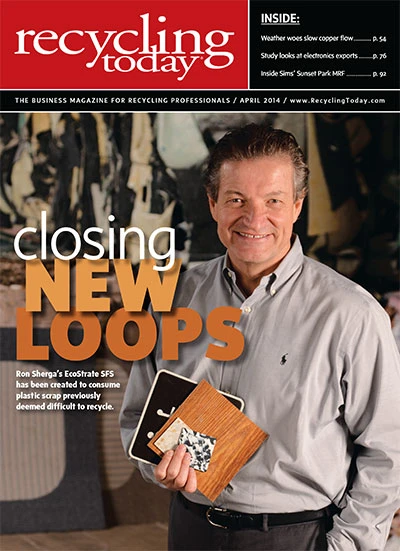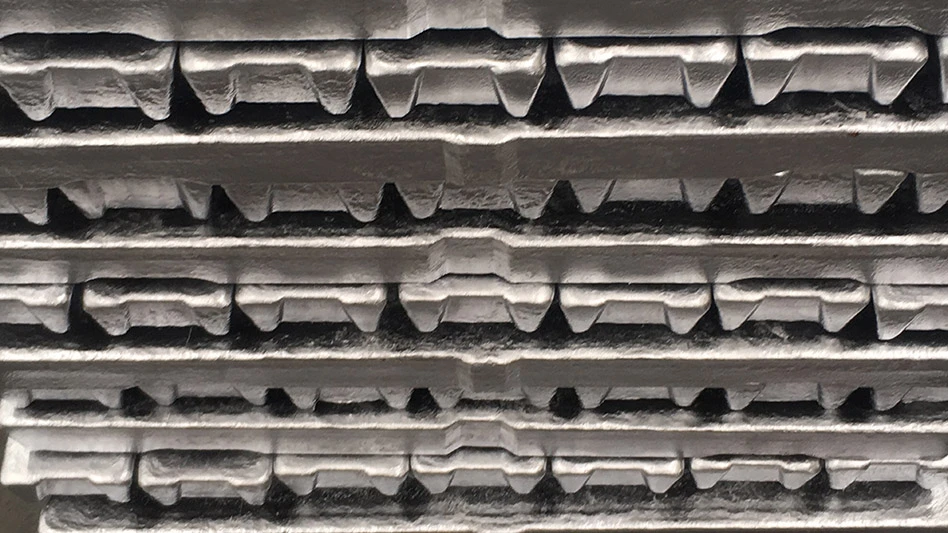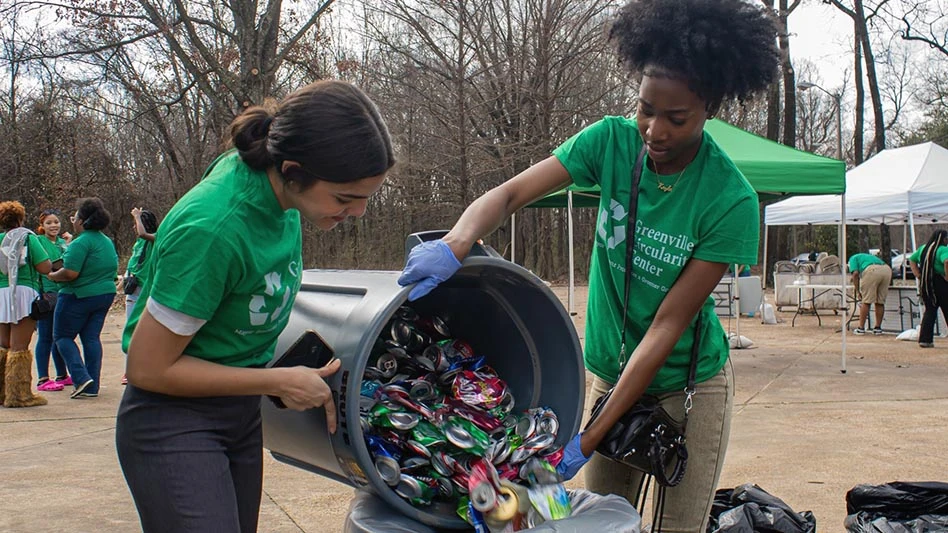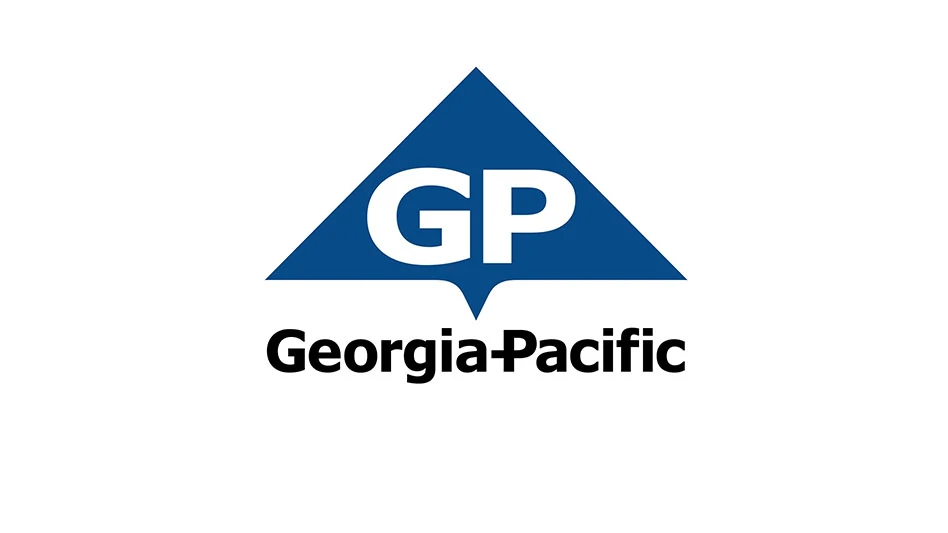Got byproducts?
After the Denver Broncos beat the Baltimore Ravens 49-27 in the Sept. 5, 2013, National Football League (NFL) Kickoff Game, the sports organization had 45,000 square feet of mesh banners that were only used once, and the NFL wanted to keep them out of landfills. That is when Damon Carson, founder of Repurposed Materials, Henderson, Colo., stepped in. He says the banners are now used as sun shade screens by landscapers and plant nurseries.
Repurposed Materials focuses on creative reuse of hard-to-recycle materials and is the only company in the U.S. that has a product line made entirely of such items, Carson says. The company collects byproducts and hard-to-recycle items that are valuable “as is” to a second, unrelated industry, he says.
Advertising billboard vinyls now line ponds and cover stored materials and baseball fields. Old ski lift cables serve as handrails for homes and offices.

For more information, visit www.repurposedmaterialsinc.com.
GreenMouse
When GreenMouse Recycling, San Jose, Calif., formed in 2005, the electronics recycling company had two goals: prevent improper scrap recycling methods and create jobs for disadvantage young adults. GreenMouse has not only reached those goals, the company also has been able to raise more than $125,000 for nonprofit groups and schools, hire interns and educate and teach skills to at-risk youth, says Carlo Epps, marketing coordinator for GreenMouse. The e-waste recycling company has hosted more than 500 fundraising events for groups such as the YMCA and the Alzheimer’s Association, Epps says.
GreenMouse accepts some electronics (televisions and computer monitors) for no charge. Epps explains that the company is able to offer free electronics recycling because GreenMouse is subsidized in part through the state of California to collect hazardous materials. He recognizes that many national recyclers do not offer free services, but “without a free service, this work would be much more difficult,” he admits.
GreenMouse says it ensures end-of-life equipment will not be sent to landfills. The company works with e-Stewards certified Electronic Recyclers International (ERI), based in Fresno, Calif.
Visit www.greenmouse.com for more information.
.jpg) Horse-powered
Horse-powered
Starting this year, the nation’s medium- and heavy-duty trucks, including garbage trucks, are required to meet fuel efficiency and greenhouse gas emission standards developed jointly by the U.S. Department of Transportation (DOT) and the U.S. Environmental Protection Agency (EPA).
As “vocational vehicles,” garbage trucks will be required to reduce fuel consumption and greenhouse gas emissions by 10 percent by 2018.
For the past 17 years, Pat Palmer has collected garbage—$5 for each bag of trash and free for recycling—every Friday for the village of Bristol, Vt. But, as he told the Burlington Free Press in a Feb. 7, 2014, article, he doesn’t use a diesel-driven truck; Palmer runs his route using two Percheron horses from Thornapple Farms, the New Haven-based farm he owns with his wife, Cathy.
Palmer’s horse-drawn garbage operation is a 9-mile route with 250 customers. He told the Free Press he saves about 12 gallons of fuel each week using horse power. His wooden wagon is 16 years old, outliving many garbage trucks, according to the Free Press.
More information is available at www.vthorsedrawnservices.com.
Do you have a unique recycling-focused story? Please send a press release to Megan Workman at mworkman@gie.net.

Explore the April 2014 Issue
Check out more from this issue and find your next story to read.
Latest from Recycling Today
- OnePlanet Solar Recycling closes $7M seed financing round
- AMCS launches AMCS Platform Spring 2025 update
- Cyclic Materials to build rare earth recycling facility in Mesa, Arizona
- Ecobat’s Seculene product earns recognition for flame-retardant properties
- IWS’ newest MRF is part of its broader strategy to modernize waste management infrastructure
- PCA reports profitable Q1
- British Steel mill subject of UK government intervention
- NRC seeks speakers for October event





